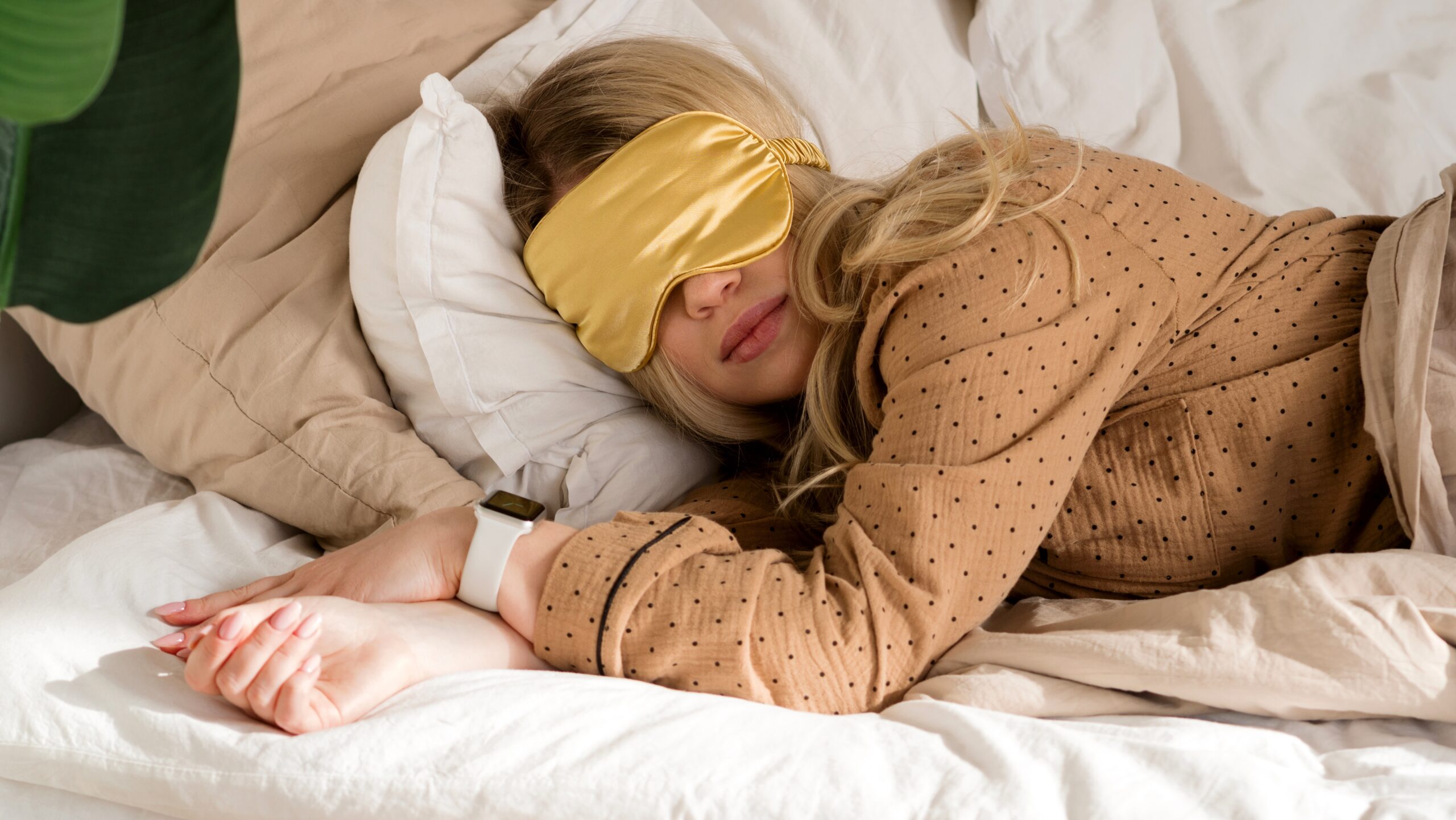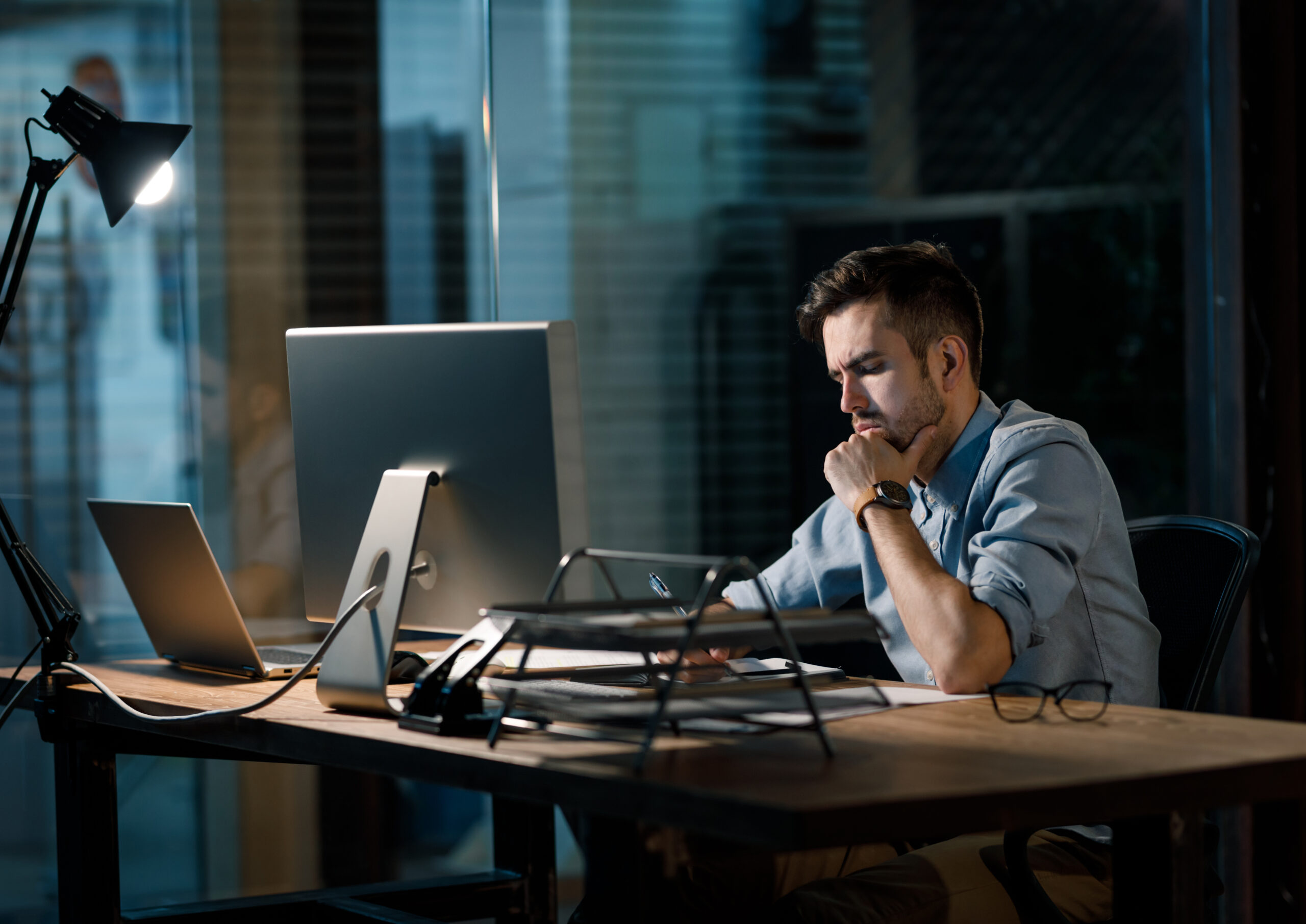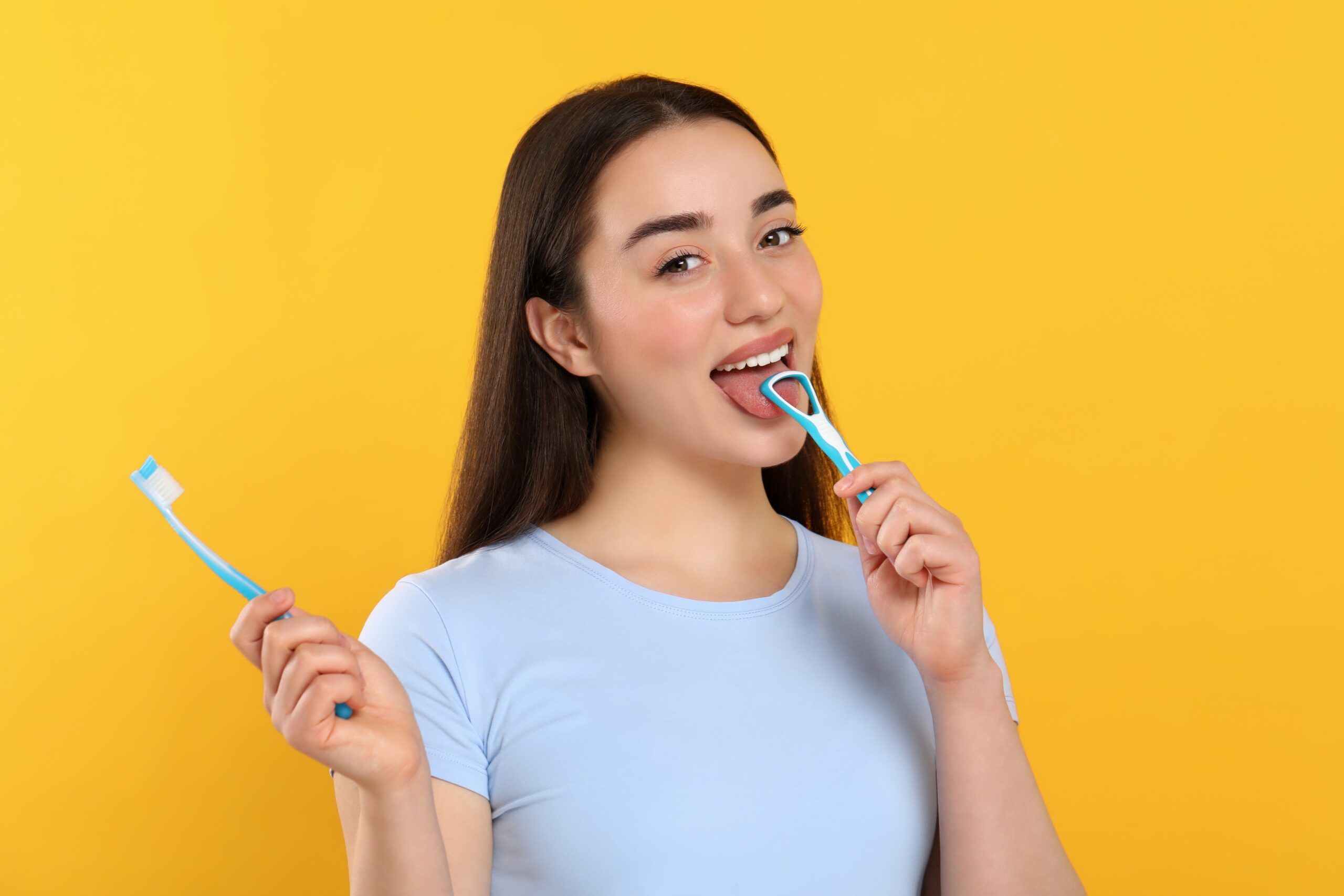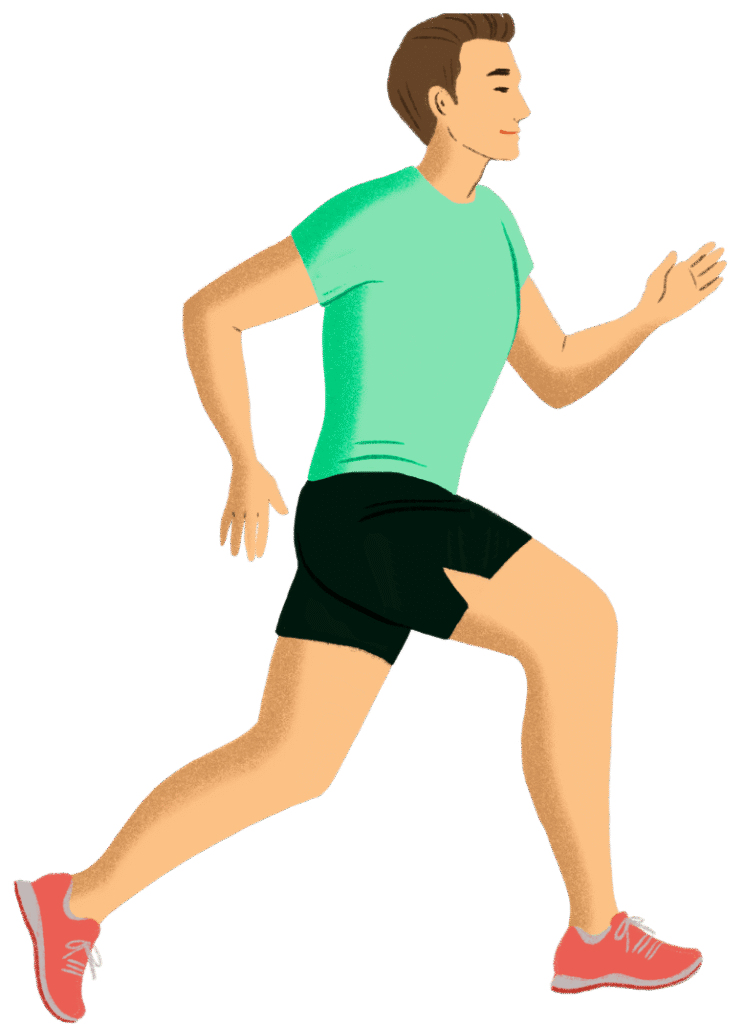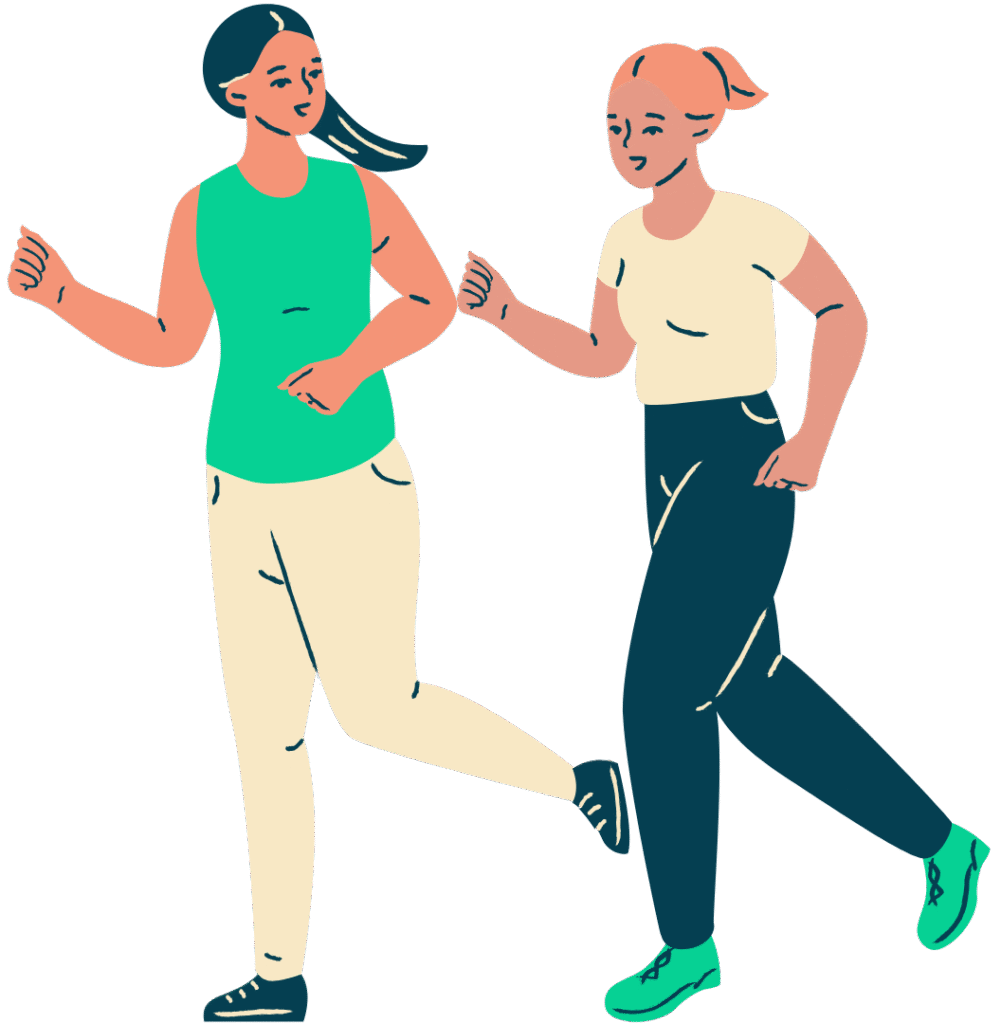Millions chase viral bedtime hacks for better sleep, yet most ignore the simple science-backed habits that truly work—raising the question: are we falling for the next wellness illusion?
Story Snapshot
- Viral sleep hacks like red light therapy and sleep mocktails dominate social media, but experts warn of limited scientific proof.
- Influencers and wellness brands profit from the sleep trend while expert voices struggle to cut through the noise.
- New studies show mixed results; sleep hygiene fundamentals remain universally recommended.
- The debate highlights risks of misinformation and the neglect of proven sleep practices.
Viral Bedtime Hacks Flood Social Media, But the Science Lags
Sleep hacks surged into mainstream consciousness in early 2024, propelled by TikTok, Instagram, and a wave of wellness blogs showcasing miracle cures for insomnia. Red light lamps, sleep mocktails, and sound-based routines like ASMR and binaural beats became overnight sensations. Influencers model their bedtime rituals, promising deep, restorative sleep to millions of followers desperate for rest. Wellness brands jumped on the trend, rolling out new products with slick marketing campaigns and influencer endorsements. Yet, beneath the viral excitement, sleep experts have sounded the alarm: most of these hacks lack robust scientific validation. Consumers find themselves caught between glowing testimonials and clinical skepticism, unsure who to trust.
Sleep researchers and prominent health authorities have responded to the trend with caution. The Harvard Health blog and National Sleep Foundation consistently urge people to focus on proven basics: maintaining a cool, dark, and quiet sleep environment, sticking to regular routines, and limiting screen time before bed. Dr. Phyllis Zee, a respected sleep scientist at Northwestern, puts it bluntly—no hack beats the benefits of true sleep hygiene. Small studies on red light therapy and sound-based aids have shown some promise, but results are inconsistent and rarely replicated. Experts warn that placebo effects and individual variability muddy the waters, making it difficult to separate genuine benefits from viral hype. As new products and apps keep appearing, the tension between influencer enthusiasm and expert caution only grows.
The Wellness Industry Profits, Consumers Navigate Confusion
Wellness brands and social media influencers have shaped public perception and purchasing behavior. Their reach far exceeds that of most sleep experts, creating a power imbalance in the sleep advice ecosystem. Brands capitalize on the trend, driving sales for sleep tech gadgets, supplements, and mocktail recipes. Influencers monetize content and build authority by sharing personal testimonials, while consumers—often struggling with sleep due to modern stress and screens—are eager for quick fixes. Health professionals and researchers, meanwhile, face an uphill battle in educating the public about the limits of these trendy hacks. Social media algorithms amplify viral content regardless of scientific merit, pushing evidence-based advice to the margins.
Consumers must navigate conflicting messages. The viral hacks promise fast relief, yet disappointment often follows when results don’t match expectations. The wellness industry thrives economically, while those with sleep issues risk wasted resources and neglect of habits that actually work. Health authorities are increasingly pressured to address misinformation and regulate products making unsubstantiated health claims. The normalization of hacks over habits reflects a broader societal shift—one that values novelty and convenience over consistency and discipline. As new studies and products debut each season, the debate intensifies: should we trust trending rituals or return to basics?
Expert Voices: Evidence Over Enthusiasm
Experts remain steadfast in their advocacy for sleep hygiene over hacks. Dr. Zee and colleagues emphasize the value of consistent routines, dark and cool environments, and limiting electronics before bed. Harvard Health points out that while some sleep hacks may be harmless and relaxing, relying on them at the expense of proven methods can be detrimental. The limited clinical evidence for red light therapy and sound-based aids means these trends are best viewed as supplements—not substitutes—for healthy sleep habits. Peer-reviewed journals and health foundations offer guidance grounded in decades of research, but their messages struggle to compete with influencer anecdotes and viral videos.
Some clinicians acknowledge that harmless rituals—like listening to calming sounds or sipping a non-alcoholic mocktail—may help certain individuals unwind before bed. However, they caution against overreliance on novelty. Viral sleep hacks can distract from foundational habits that offer the most reliable results. The debate underscores an enduring challenge: balancing hope and hype in an era where wellness trends spread faster than scientific consensus. As the marketplace grows and consumer interest persists, the ultimate lesson is one of discernment. Sleep improvement is best achieved not through the latest viral hack, but by returning to evidence-based practices. For those seeking real, lasting rest, consistency remains king.
Sources:
Five Sleep Hacks to Unlock Your Best Rest in 2025
The Viral Sleep Hacks Worth Trying and the Ones to Skip
Sleep Hygiene: Simple Practices for Better Rest
Trending Bedtime Hack Said to Improve Sleep, but Experts Aren’t So Sure

